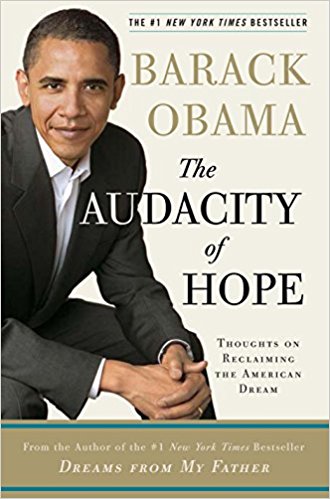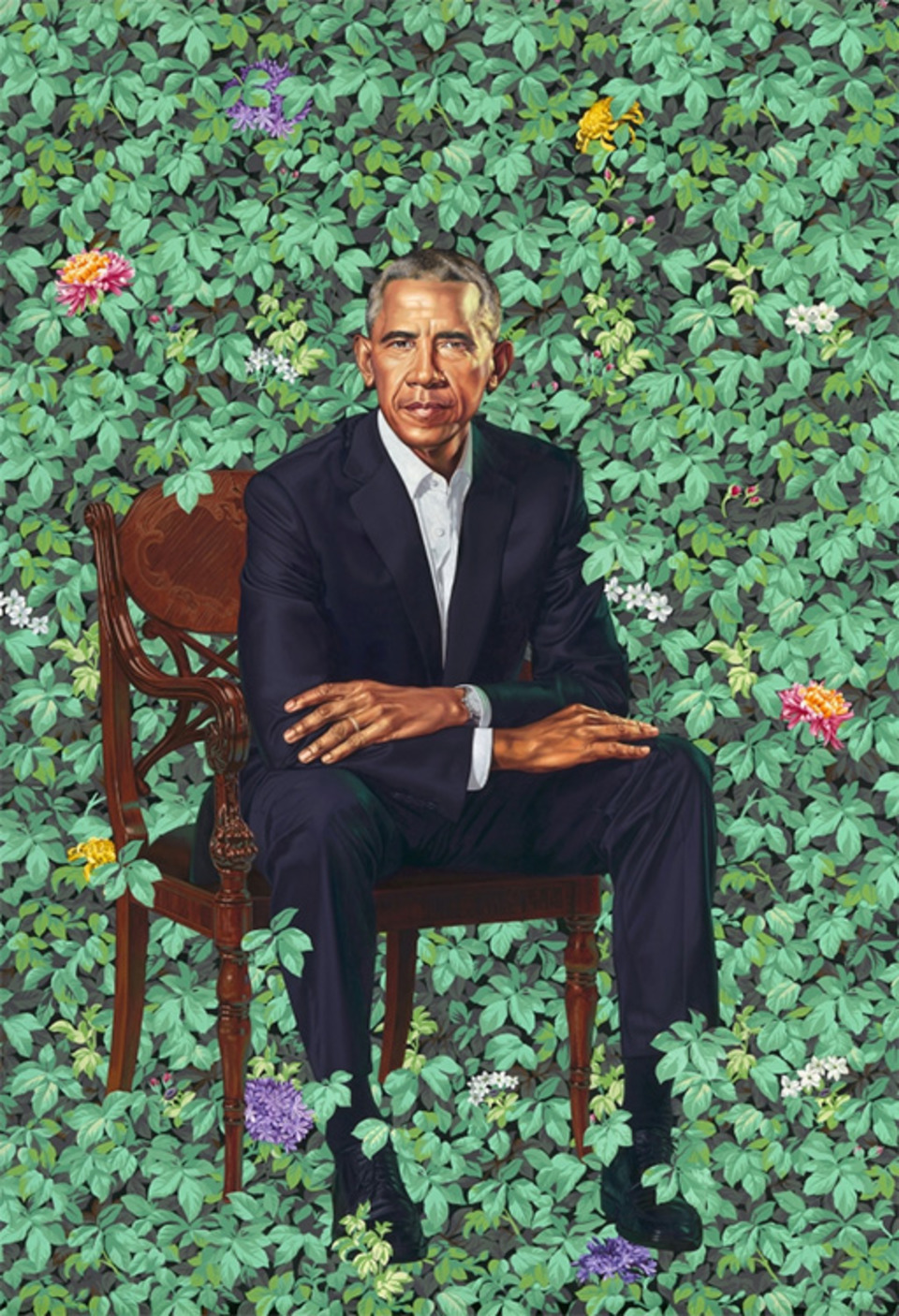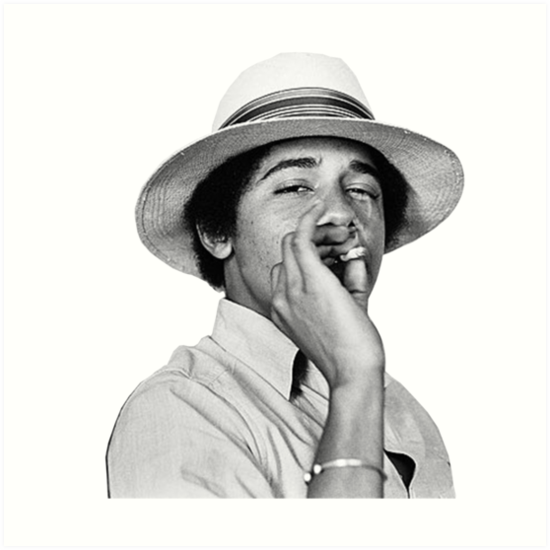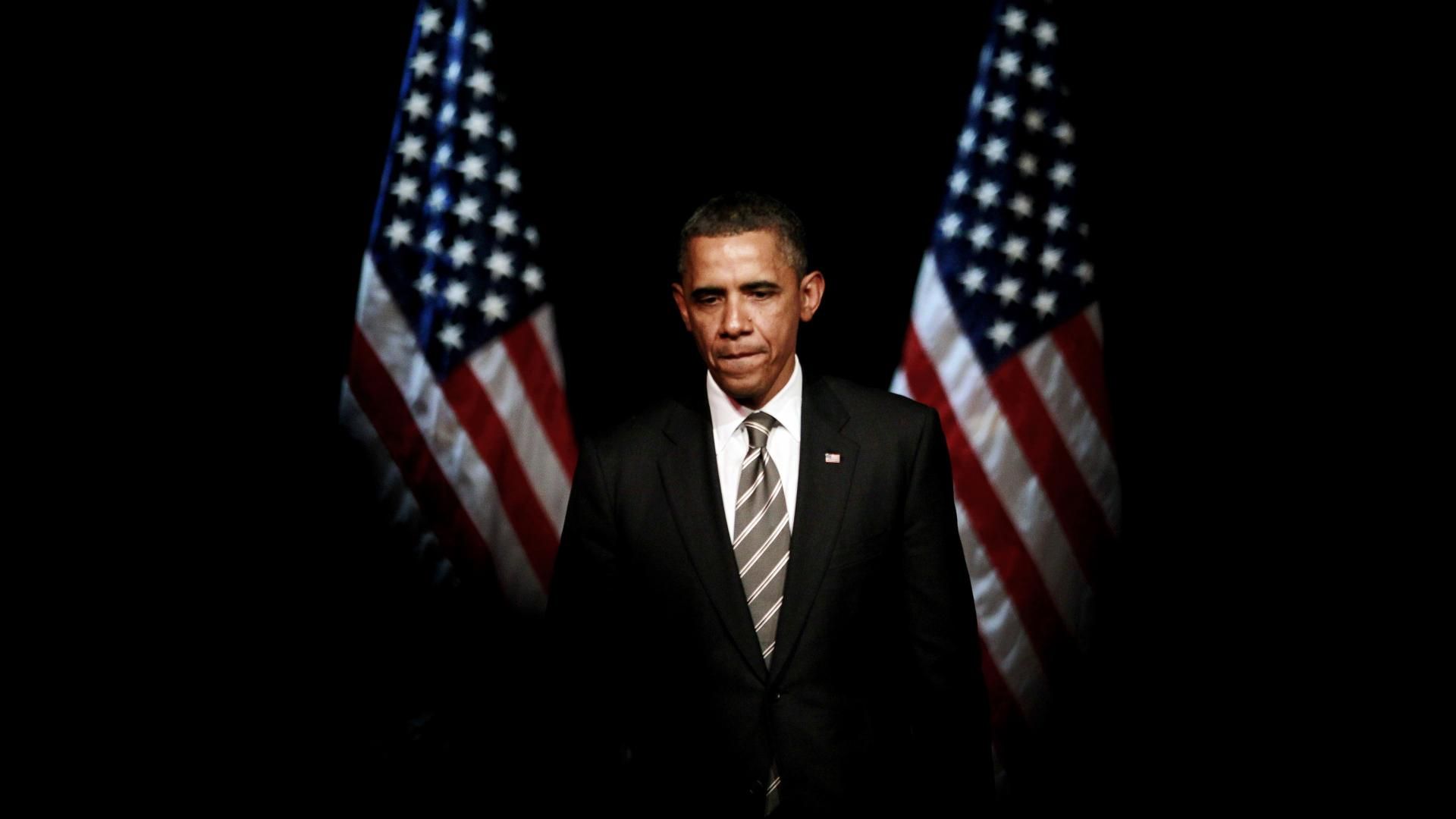One of the books I read this summer was Barack Obama’s 2nd novel The Audacity of Hope: Thoughts on Reclaiming the American Dream, which was published in late 2006. In his characteristically flowery but accessible language, the then-Senator vividly breaks down his ideas on contemporary issues in and out of the political arena drawing upon anecdotal evidence as well as a litany of researched statistics. In my opinion, the novel is much more than a mere political manifesto- though he discusses political plans of action extensively, Obama is vocal about his own biases and the possibility of better alternatives. Additionally, Obama’s incorporation of personal experiences such as his spiritual awakening provide a context for readers to understand his viewpoints. It was fascinating as a reader in 2018 to see how many of Obama’s thoughts on issues in 2006 are now intertwined with the legacy of his administration. Similarly, it was remarkable how his amenable behavior contrasted with the divisive and confrontational attitudes that prevail today on both sides. Even if one disagrees with every policy the Obama administration enforced, this book is a uniquely personal glimpse not just into Obama but also the dynamics of American politics in modern times. Indeed, the most striking theme of the novel for me was his unbridled optimism- that through it all, he genuinely believes American can fix its problems, a message he continued to spread through his Presidency and after. In other words, it was inspiring to see someone who had faced adversity and negativity in his personal life and political career continue to believe in his core values and those of a nation to eventually become the President of the United States of America.

Obama’s book consists of a prologue and 9 chapters. I’m going to talk about what stood out to me the most, because his thoughts on policy are of course very public and no policy analysis I can write after reading one book is sufficiently nuanced to be meaningful. As was one of Obama’s goals in writing the book, I think the value of such an exercise on my part comes mainly by fostering a discourse in which people can realize that ultimately, we all have a lot more in common than we ever care to believe or choose to acknowledge.
One aspect of the book that was significant to me as a younger reader and voter was Obama’s reverence for the American political system. It was strange to me that a person of Obama’s background, with no government affiliation or position of power, found such a sense of duty in public office, enough to climb all the way to the Presidency. Obama’s enthusiasm for the ideals of American democracy and his explanation of its still ongoing development are worth reading because they prove to us a positive result- that though America has its still lingering ghosts from the past, it is the American way to fix its problems, albeit slowly and not without sacrifice. Obama challenges readers to abide by the values that make America special- those such as opportunity and equality that form the fundamental tenets of our democracy. This emphasis on values legitimizes Obama’s message- that these values rather than mere governmental mechanisms or economic prowess are the reason for America’s success.

Obama’s (unique) presidential portrait
Second, Obama offers a basic humility in the book that, with the benefit of hindsight, made him appear a genuine character as he ran for President. Though he outlines his political opinions and makes his case for why his policies are beneficial to Americans, Obama has a uniquely human touch in describing his interactions, admitting the flaws in his policies and the merits of opposition proposals. Certainly, such self-criticism is rare in today’s political climate. Furthermore, Obama offers glimpses into his personal growth and his family life, which allow the reader to find a relatable hero. In fact, Obama mentions police harrassment and social prejudice he faced growing up, a lesson that’s inspiring for young black men now in a way but also quite unbelievable: the future President of the United States was assumed to be a valet by an ignorant white couple. It’s important to recognize that “genuine” aspect of Obama’s legacy because his election is in some ways the capstone of the American dream- an African-American boy raised without a father becoming President of the United States. Yet behind that historical journey, we see a man who decides maybe politics isn’t for him, betting everything on one final Senate race, and a man who struggles to cope with the demands of his profession and his family like Americans across the country. Obama also mentions how he believes most of his colleagues in Congress are genuinely good people united in their goal for a better America. Through these glasses, we are reminded that all these faces who are constantly demonized by media and vilified by opposition are normal people with loved ones and lives outside of politics.

A younger Barack Obama
Lastly, and perhaps most presciently, Obama consistently reminds us that we have more in common than we think. For the most part, Americans tend to agree on the important things: things like having a free press and worshipping however one chooses. Obama challenges readers to see through the eyes of others. In fact, he mentions that he is obligated as a Senator to take the perspective of George W. Bush, his opposition. This consideration is an important characteristic for anybody to have today. Whether or not one agrees with another person’s ideology, it’s irresponsible to be dismissive. Initiating a dialogue about why someone believes what they do facilitates progress through mutual understanding and detracts from a fractious political atmosphere. Americans have always been and will always be on one team, whether we choose to believe it or not.
The cliche of the American dream is one with remarkable significance, because we all strive to realize this dream almost every day, irrespective of those attributes that set us apart. The freedoms we enjoy and the opportunity we encourage set us apart, but so does our spirit- that of enterprise, innovation, and determination. It is indeed a uniquely American quality to have this hope for better that we all share- an unrelenting pursuit for a perhaps unreachable perfection- the audacity of hope.
